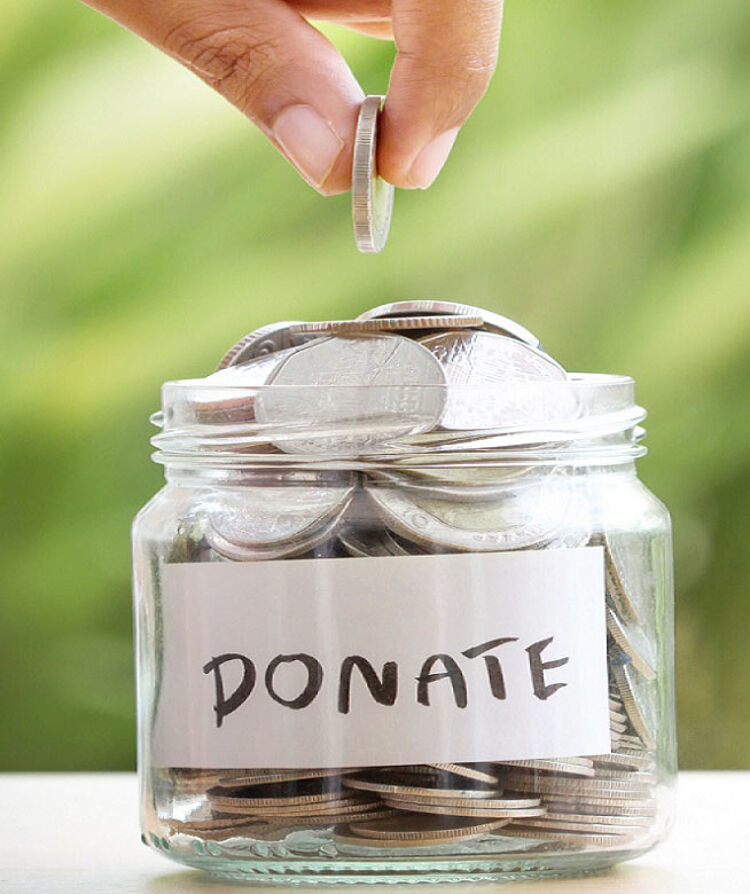County Lines
Combatting the exploitation of children and vulnerable people by criminal gangs
What are County Lines?
County Lines is a term used for organised illegal drug-dealing networks, usually controlled by a person using a single telephone number or ‘deal line’.
They operate out of major UK cities such as London, Liverpool and Birmingham, and they distribute illegal drugs across rural and suburban counties via ‘runners’.
Vulnerable children and adults are recruited as runners to transport drugs and cash all over the country, so that the criminals behind it can remain detached and less likely to be detected.
This crime is often associated with other serious crimes such as sexual exploitation, violence, money laundering and human trafficking.
How to spot possible victims
There are several signs to look out for when someone has been lured into this activity; these include:
- Change in behaviour
- Signs of assault and/or malnutrition
- Access to numerous phones
- Use of unusual terms e.g. going country
- Associating with gangs
- Unexplained bus or train tickets
- School truancy or going missing
- Unexplained gifts (clothes, trainers) and cash
give information 100% anonymously - Call 0800 555 111 or click here for our online form
What happens?
Criminal gangs establish a base in a particular location, sometimes by taking over the homes of local vulnerable adults by force or coercion in a practice referred to as ‘cuckooing’ (see below). They then target vulnerable local children and adults to become involved in selling drugs through a process of grooming. Once someone is involved with a criminal gang, it becomes difficult for them to escape.
We know that County Lines exploitation is a widespread problem, with gangs from big cities operating throughout England, Wales and Scotland.
What’s ‘cuckooing’?
Criminals running County Lines will set up a base in a rural area or small town for a short time, taking over the home of a vulnerable person, ‘cuckooing’ them (named after the cuckoo's practice of taking over other birds' nests for its young).
Victims of ‘cuckooing’ are often drug users but can include older people, those suffering from mental or physical health problems, female sex workers, single mums and those living in poverty. Victims may suffer from other forms of addiction, such as alcoholism.
Some people may be forced to leave their homes, making themselves homeless and leaving the gangs free to sell drugs in their absence.
What are the signs of cuckooing?
Signs that cuckooing may be going on at a property include:
- An increase in people entering and leaving
- An increase in cars or bikes outside
- Possible increase in anti-social behaviour
- Increasing litter outside
- Signs of drugs use
- Lack of healthcare visitors
- Suspicious vehicles or people at an address?
- A neighbour has not been seen for a while? Or they are more distance than usual (with more visitors)
- Short term or holiday lets – unusual activity
- Older member of the community unexpectedly driving around unknown individuals
If you suspect cuckooing contact Crimestoppers. You can speak to our Contact Centre on 0800 555 111 or use our non-traceable online form. You will remain 100% anonymous. Always. We will never ask for your name, and your phone call or online report will never be traced.
If you have the name, address or car registration number of the potential perpetrator of the crime you’re off to a good start. We’ll ask you further questions to learn more about what you know, such as:
- Can you see a pattern of days/times these people visit your neighbour?
- Can you describe what they look like?
- What is their address?
- Who is the potential vicitim?
- What is their car make and registration?
Early intervention
To counter this problem early intervention is essential. We invest in raising public awareness of this crime in the local community, encouraging people to step forward and report it.
We also help to train those on the ground to spot the signs of this problem in the young people they work with.
Crimestoppers’ youth programme Fearless visits schools to educate teachers and youth workers, by providing them information and resources on County Lines and other crime issues.
Fearless also empowers young people to report their concerns 100% anonymously via the Fearless website.
Those working on the ground with young people can use this resource to learn about County Lines and the resource can be used to challenge young people’s preconceptions and raise awareness of this exploitation.
What to do if you have information
If you have any information about somebody who has recently moved to set up an illegal drugs network and who may be using violence or abuse to carry out their activities, please let us know.
You can speak to our Contact Centre on 0800 555 111 or use our non-traceable online form. You will remain 100% anonymous. Always. We will never ask for your name, and your phone call or online report will never be traced.
Home Office guidelines
The Home Office also provides guidance for frontline professionals on dealing with County Lines, as a part of the government’s approach to ending gang violence and exploitation.
Click here to see details of their advice.
PDF flyers

Give information
Give information anonymously by phone on 0800 555 111 or online

Donate to us
Join our fight against crime by making us a donation today, and see how the money you give can help shape your community for the better.

Volunteer
Every year we stop thousands of crimes. Let’s help make communities safer together. Join us and start volunteering with your local Crimestoppers team today.
